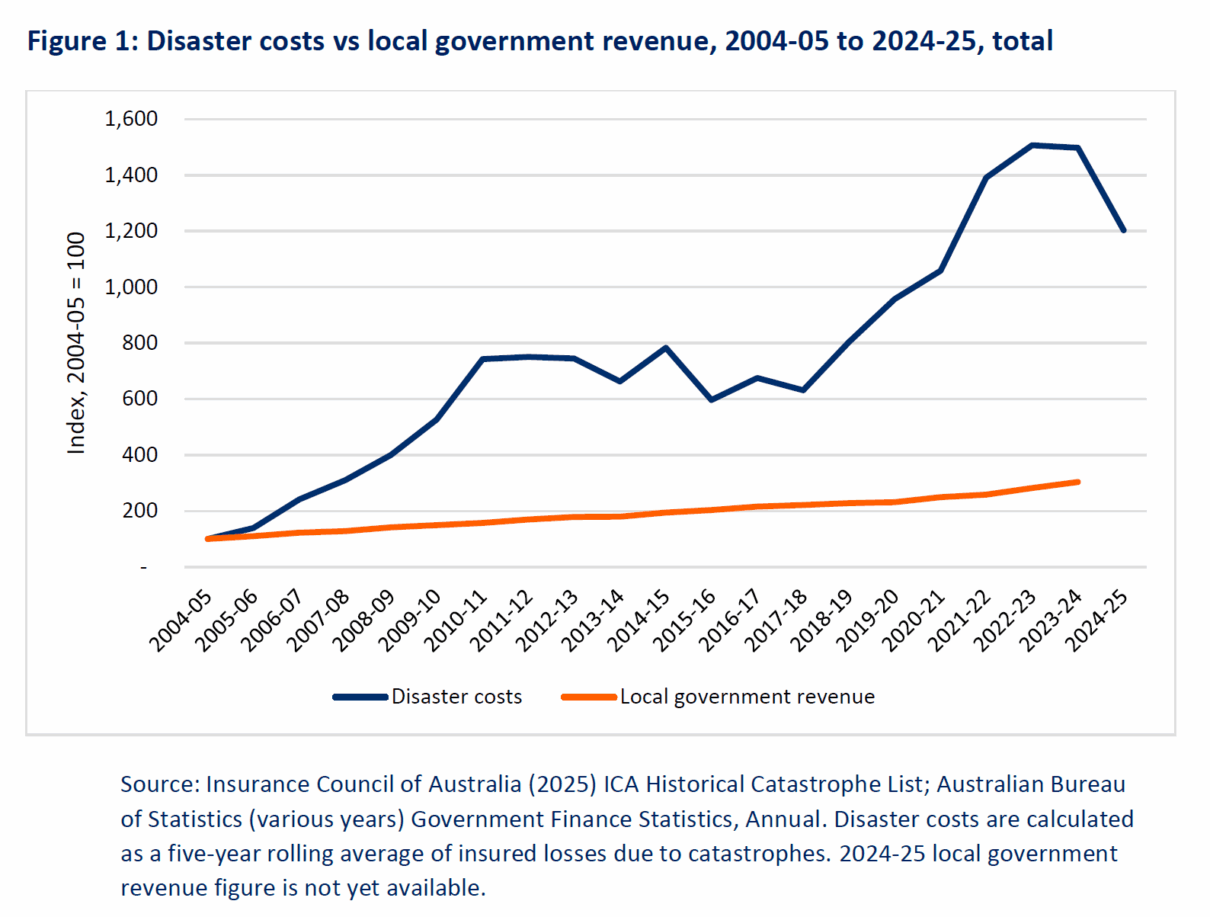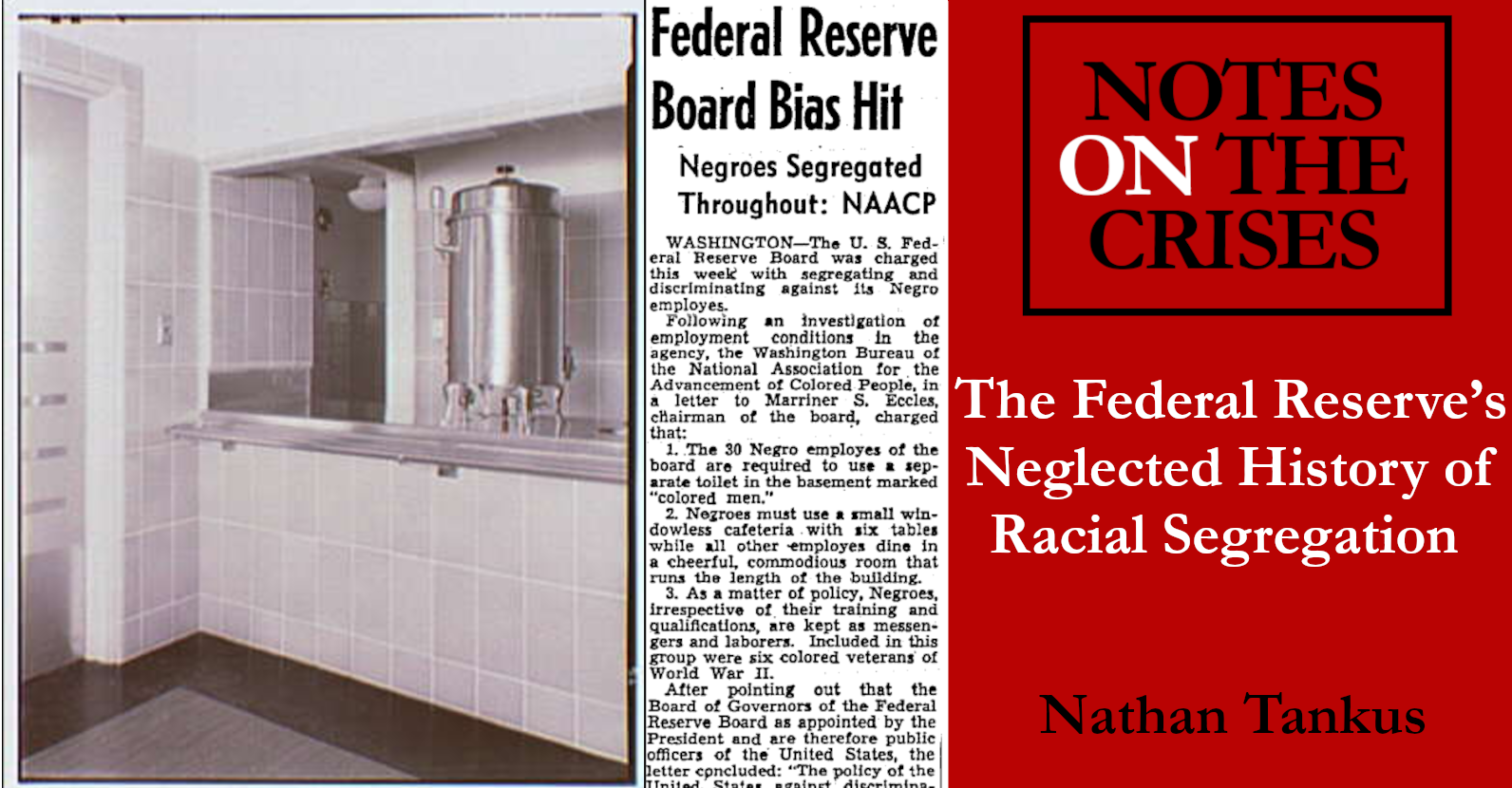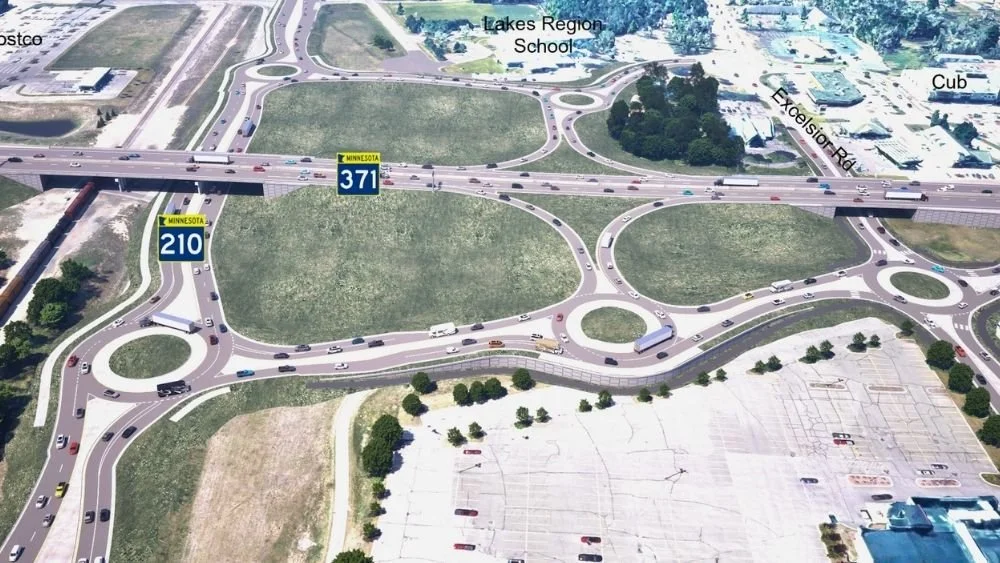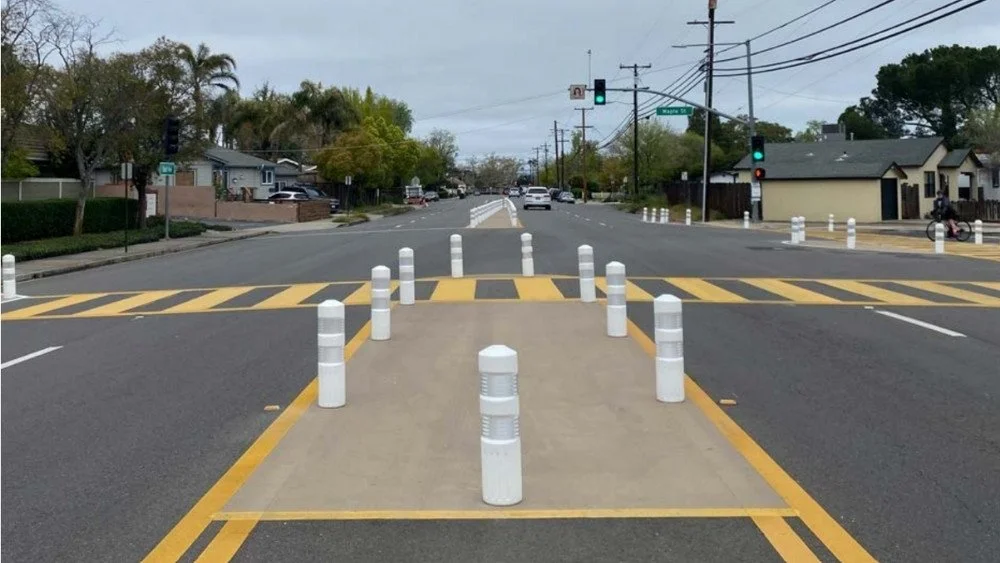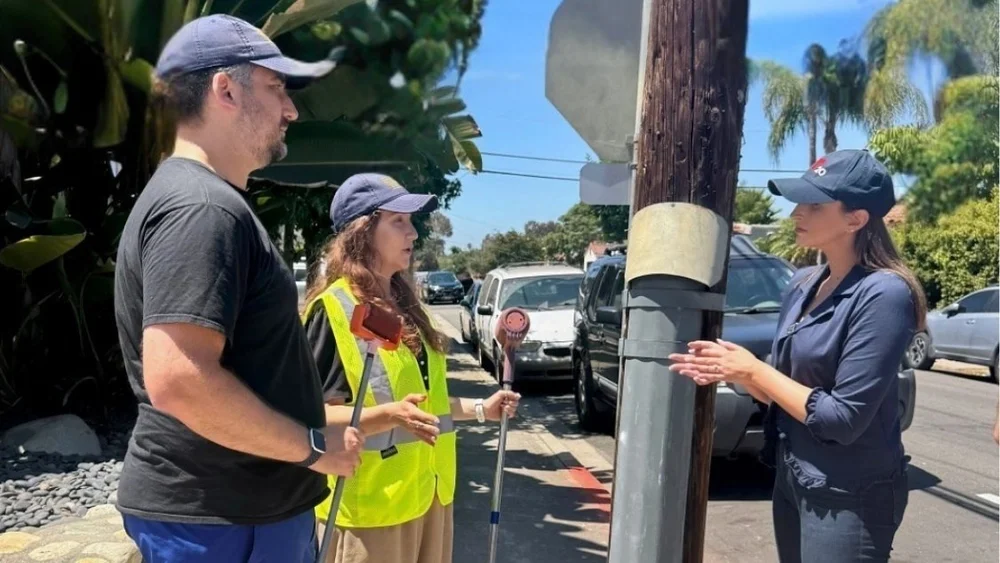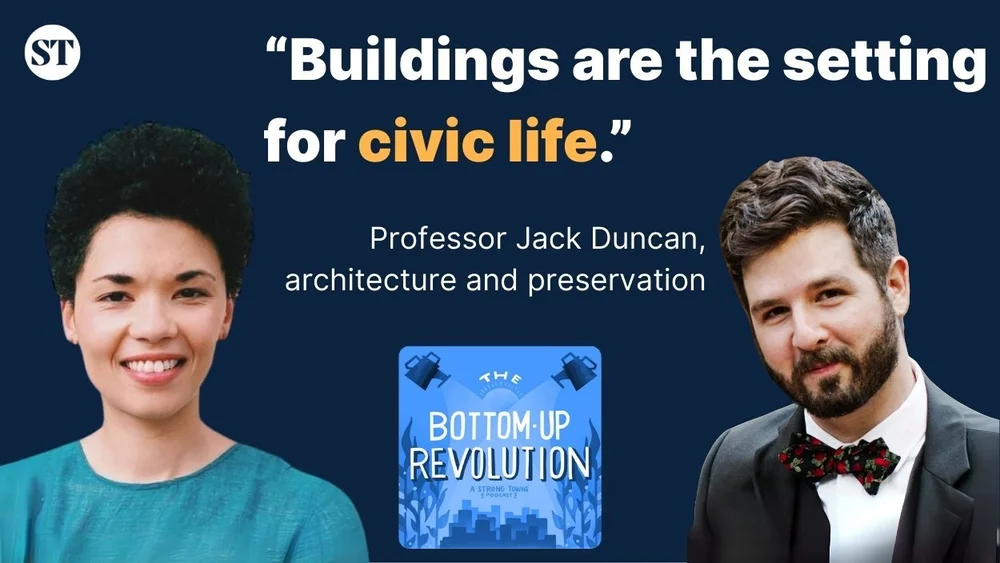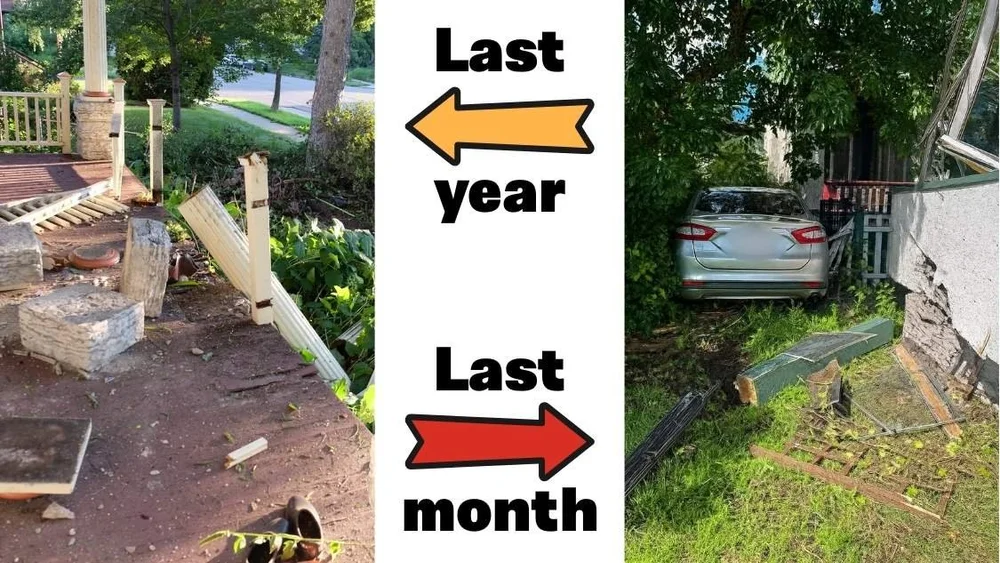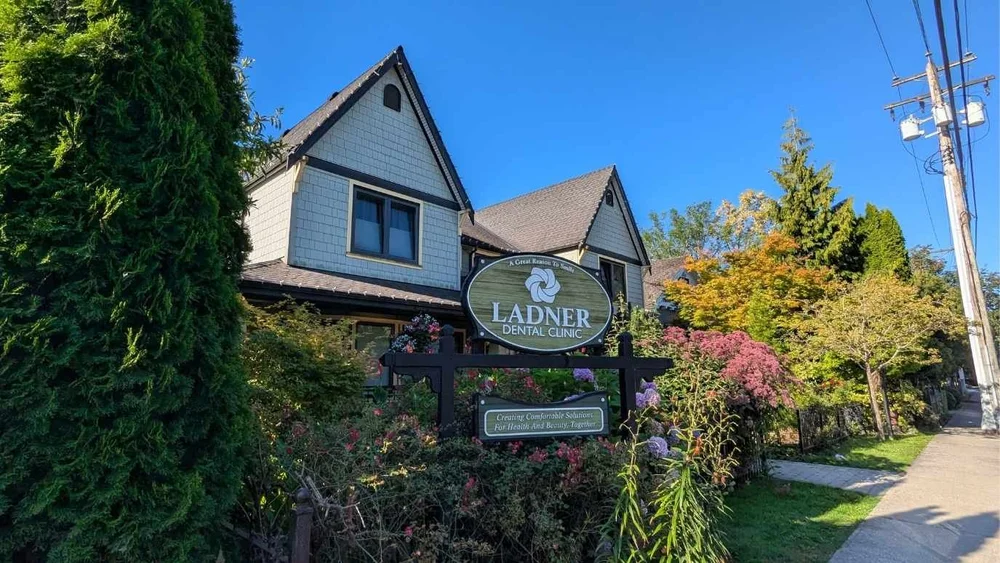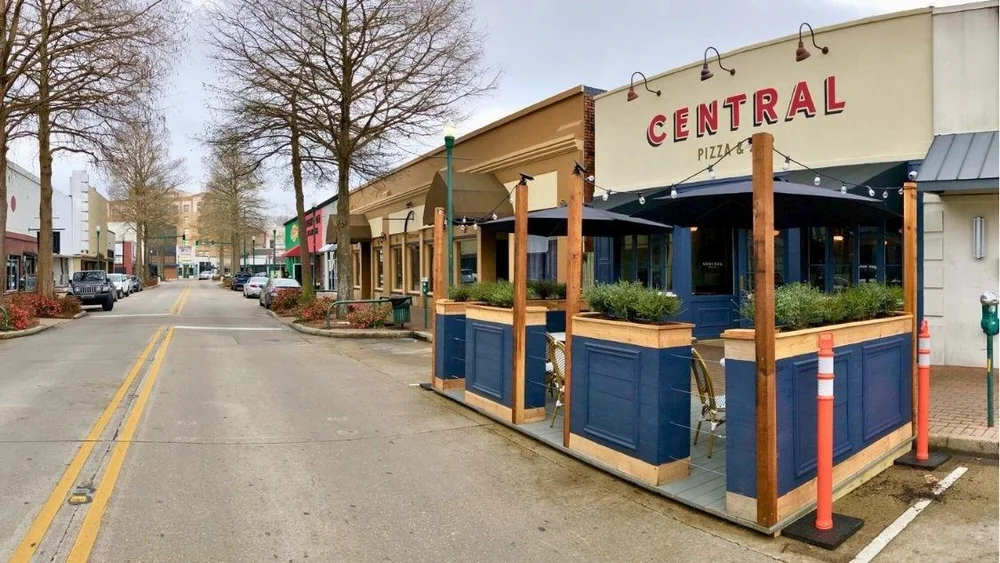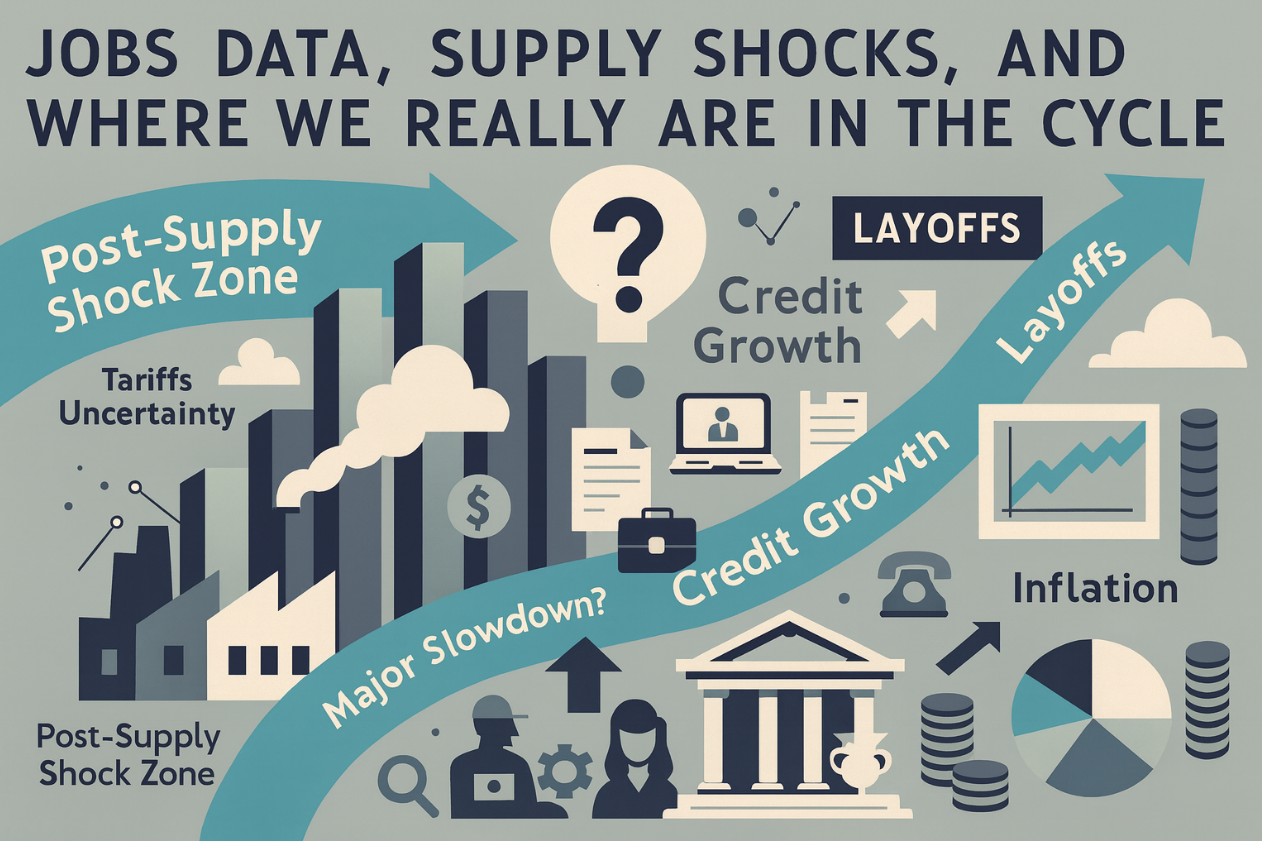
On Friday, the jobs data hit—and it wasn’t good. Non-farm payrolls came in at just 22,000, far below the already low expectation of 75,000, and well short of the 53,000 that would have at least met consensus. By any measure, that’s a weak print.
It raises a big question: are we looking at the beginning of a major slowdown, or is something else going on beneath the surface?
In this post, I want to break down how to interpret this report, why it might not mean what the “perma-bears” think it does, and how it fits into the broader macroeconomic picture.
Framing the Question: Major Slowdown or Temporary Pause?
Whenever I see a headline-grabbing data point like this, I try to step back and ask a few simple questions:
- What are the main drivers of the economy right now?
- What should we expect to see if the bearish case is real?
- What doesn’t line up with that story?
With jobs data, the natural concern is that weak hiring means the cycle is rolling over. But to confirm that, we need to see reinforcing signals in credit, fiscal policy, inflation, and layoffs. Without those, a bad number might just be noise—or the result of something temporary.
